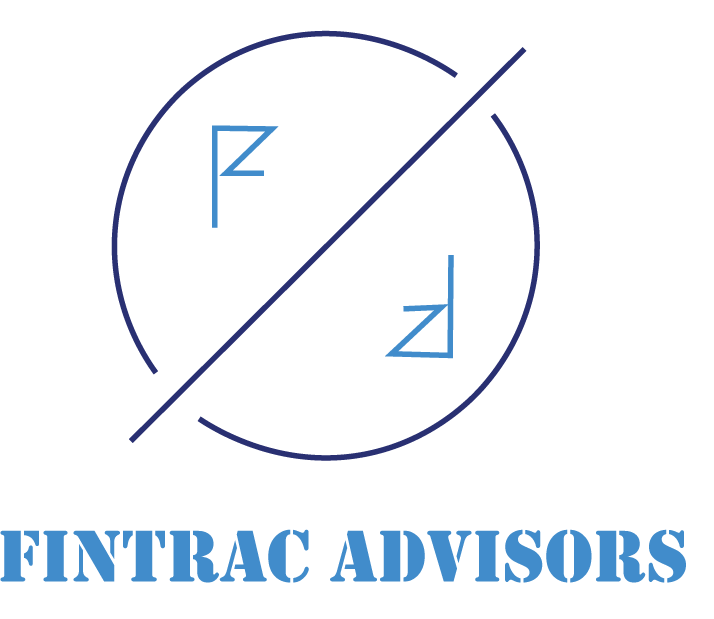Ethics in Valuation: A Case Study Perspective

Mr. Lakshman S.
Mr. Lakshman S. is a Civil Engineering professional with 35+ years of experience, including 14 years overseas in construction, contracts, and project management. Since 2016, he has been working in property valuation and is a Registered Valuer with both IBBI and the Income Tax Department. He is currently based in Namma Bengaluru and brings deep expertise in Land & Building valuations.
Why Professional Integrity Is the True Measure of Value
In the field of immovable property valuation, especially concerning land and buildings, the role of a valuer carries immense responsibility. Every report produced becomes a trusted document, referenced by banks, used in courtrooms, and relied upon by companies and government agencies. However, this responsibility doesn’t exist in a vacuum. It is continually challenged by client expectations, commercial pressures, and occasionally, direct attempts to influence outcomes.
Ethics, therefore, is not merely a desirable quality in a valuer—it is non-negotiable. The moment we let bias, persuasion, or financial incentives color our work, we compromise our credibility and the foundation of the valuation profession itself.
Let us explore two real-world case studies that highlight how ethical decision-making can—and must—prevail over pressure.
Case 1: The Residential Plot That Lost Its Edge
A client once approached me urgently. He needed a valuation for his residential plot for a bank loan and was eager to expedite the process, even offering an advance fee. While I declined the upfront payment, I respected the urgency and had my assistant conduct a swift site inspection.
Based on prevailing market conditions, infrastructure updates, and comparable sales, I arrived at a fair market value of approximately ₹50 million. This came as a shock to the client. His previous year’s valuation was ₹60 million, and he firmly believed the current value should be higher.
But he didn’t realize that a previously proposed road project—expected to significantly boost property prices—had since been scrapped. This fact materially impacted the value of his plot. When I explained this, he remained unconvinced. Looking back, the offer of an advance seemed less like gratitude and more like an attempt to influence the outcome.
Rather than revise the figure to match expectations, I stood by my analysis. Eventually, I declined the assignment and absorbed the cost of the work already done. In that moment, I chose professional integrity over income, and I’d do it again.
Case 2: A Corporate Valuation with Complications
In another case, I was approached by Company-A to value a property owned by their associate, Company-B. The purpose was to use the asset as collateral for financing. There were no legal concerns with the arrangement, so I proceeded.
When I shared the draft valuation report, it was clear the client was dissatisfied. My estimate was about 40% of their internal expectation. On review, I had used the standard permissible FSI (Floor Space Index) applicable in that area. However, they pointed out that a neighbouring plot—developed by the same group—had received approval for a higher FSI.
Their consultant requested that I take this precedent into account. I agreed, but only after asking for documentary evidence. Once verified through sanctioned plans, I adjusted the valuation. Even then, the revised value improved to 52% of what they had hoped for.
The reasons? The plot was irregular in shape, poorly connected, and situated in a largely undeveloped area.
Eventually, we settled the professional fee, albeit not without resistance. But the story took another twist.
- Just before finalizing the report, they asked me to change the name on the valuation—from Company-B to Company-C—claiming the property had been internally transferred. However, no registered deed, stamp duty, or formal record of the change existed. Even the Khatha and property tax records remained under Company-B’s name, despite the land having been acquired over a decade earlier.
I explained that a name change wasn’t a mere formality. It would require a new report altogether, with updated ownership history, disclaimers, and background. I offered to undertake the assignment anew, for an additional fee. I never received a response. I finalized the original report for Company-B, ensuring every detail was legally and ethically sound.
Why Ethics Must Always Lead
These are not merely anecdotes—they are enduring lessons. Valuers are often placed in difficult situations where standing firm could mean losing business. But what we preserve in those moments is far greater: the trust of institutions, the legitimacy of our profession, and our peace of mind.
Valuation is not about appeasing clients; it is about presenting objective facts. When we prioritize truth over temporary gain, we reinforce the profession’s role as an impartial, dependable pillar of the financial and legal systems.
Final Thoughts
Ethics in valuation is not optional. It is the very essence of what we do. The reports we produce are more than numbers—they’re documents of record. Any compromise, however minor, can lead to significant financial and legal repercussions.
Let us continue to uphold professional standards.” / “Let us continue to value truth over convenience. Ultimately, it is not merely about property—it is about principle.
Disclaimer
The content published on this blog is for informational purposes only. The opinions expressed here are solely those of the respective authors and do not necessarily reflect the views of Fintrac Advisors. No warranties are made regarding the completeness, reliability, or accuracy of this information. Any action taken based on the information presented in this blog is strictly at your own risk, and we will not be liable for any losses or damages resulting from its use. It is recommended that professional expertise be sought for such matters. External links on our blog may direct users to third-party sites beyond our control. We do not take responsibility for their nature, content, or availability.




